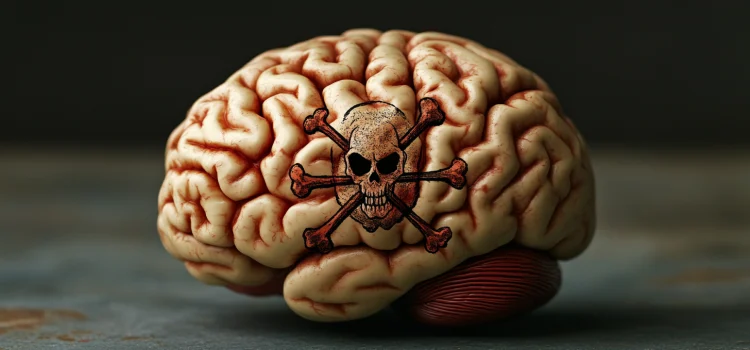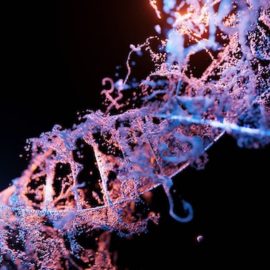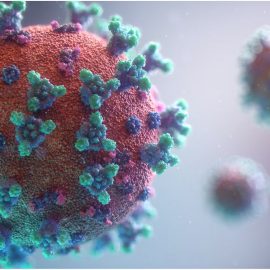
What’s mental toxicity? What happens when your brain is coherent or incoherent?
Dr. Caroline Leaf says that the type of unhealthy thinking that leads to mental illness is called mental toxicity. She also warns that this can be a dangerous state of mind to live in, especially for those who have been through serious trauma or grief.
Continue reading to learn how mental toxicity takes control of your brain.
What Is Mental Toxicity?
Leaf explains that unhealthy thoughts consist of toxic metaphysical energy. If you have too many unhealthy thoughts, then toxic metaphysical energy can accumulate in your mind, causing the mind itself to become toxic (a state of mental toxicity).
(Shortform note: Some are critical of the growing tendency to describe unhealthy people and their psyches as “toxic” since the term is unscientific and imprecise. (For example, you might be wondering what qualifies as a toxic thought and how many toxic thoughts have to accumulate to toxify your mind.) Experts also warn that when companies market their products using words like “toxicity,” it can signal that they’re oversimplifying complex health issues for profit. However, psychologists agree with Leaf that unhealthy thoughts degrade your mental health. This isn’t because unhealthy thoughts consist of toxic metaphysical energy but because persistent negative thinking can result in a self-reinforcing cycle of emotional distress.)
Leaf says that since toxic thoughts are physically real, she can measure mental toxicity by evaluating toxic energy patterns in the brain. Physical thoughts generate energy that can be measured with brain mapping technology that detects brainwaves (patterns of electric activity in the brain). This technology reveals either coherence or incoherence in your brain. When your brain is coherent, different parts of your brain demonstrate similar energy patterns; this indicates that your thoughts are primarily healthy. When your brain is incoherent, different parts of your brain produce different patterns of energy; this means that your mind contains more unhealthy thoughts, which indicates mental toxicity.
(Shortform note: Science may not support Leaf’s claim that she can measure mental toxicity by evaluating brain coherence. Neuroscientists measure coherence to determine how well different parts of the brain are communicating with each other. Effective communication across the brain supports healthy cognitive function by enabling mental processes like memory and problem-solving, but there’s no clear evidence that high coherence indicates good mental health. Some studies suggest that abnormal coherence may be correlated with mental illnesses like schizophrenia and panic disorder, but others seem to refute this—for example, one study found no relationship between coherence and depression.)






